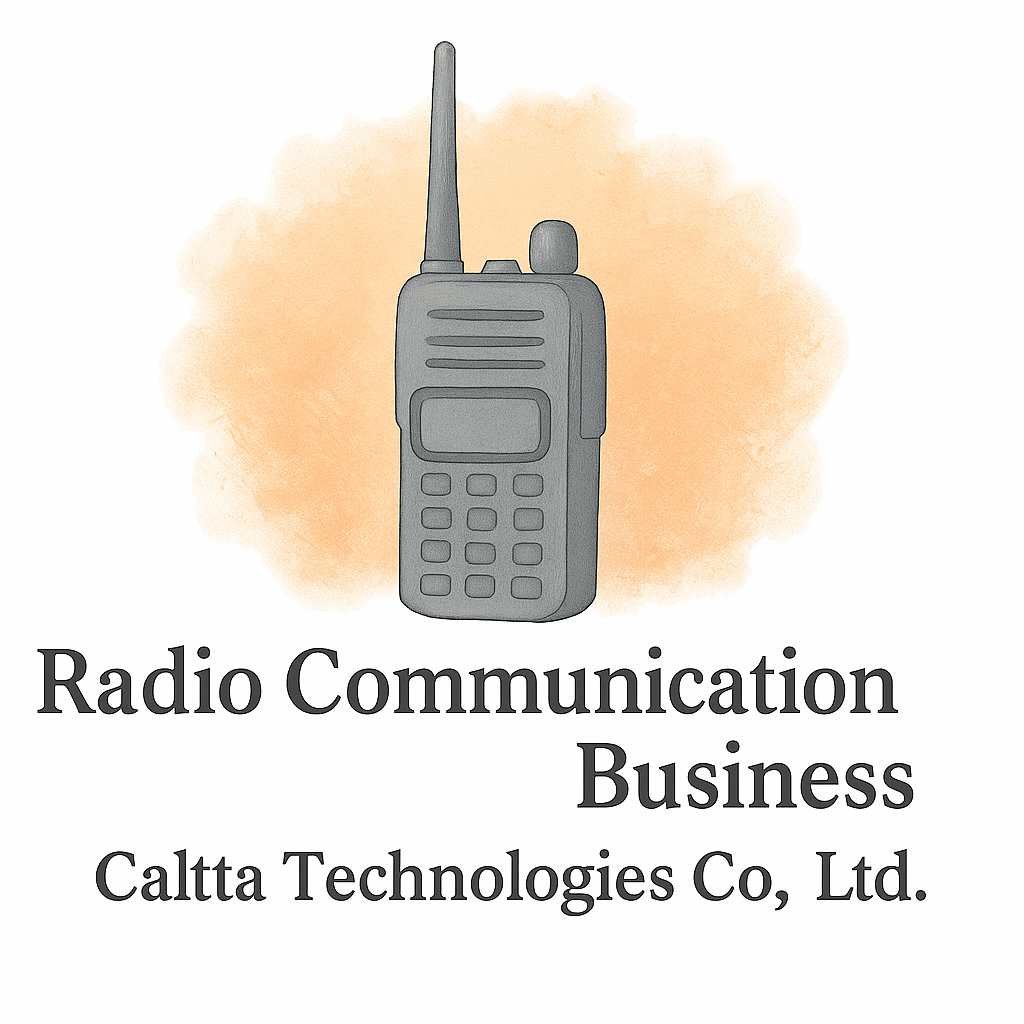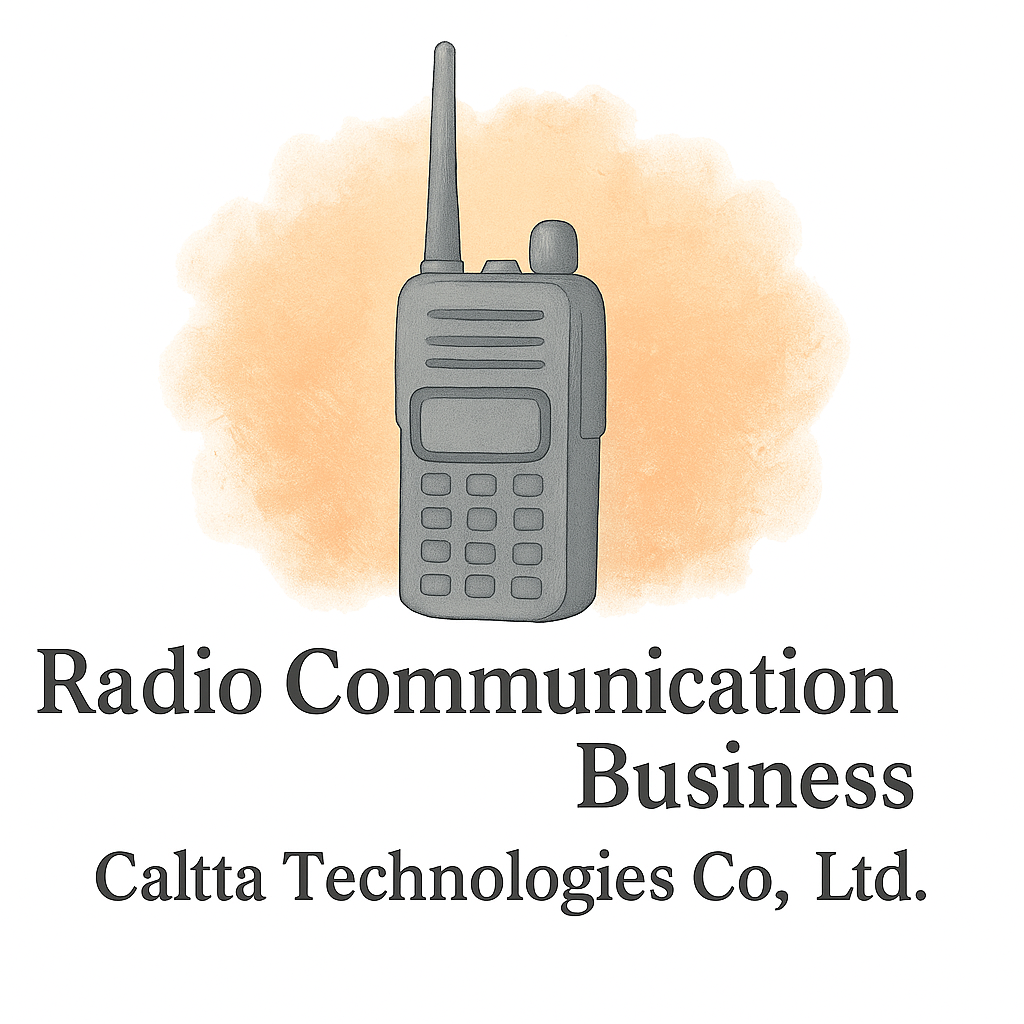Introduction
Starting a radio communication business is an exciting journey, but let’s be real—it isn’t exactly a walk in the park. There’s more to it than just buying walkie-talkies and setting up shop. From licensing fees to branding your company, startup costs can sneak up on you like static in a headset. So, if you’re planning to dive into this niche but essential industry, buckle up! This guide breaks down the 9 essential startup costs in a radio communication business and how you can manage them like a pro.
Internal resource for startup guidance? Explore Business Startup Basics.
1. Business Registration and Licensing Fees
Why Legal Structure Matters
Before broadcasting your first signal, you’ll need to get legal. Whether you’re forming an LLC, a sole proprietorship, or a corporation, each structure comes with its own cost. Filing fees vary by location, but expect to spend anywhere from $50 to $500.
Need help with setup? Visit Caltta’s Business Setup Insights.
Common Regulatory Costs
This isn’t just a formality. The radio industry is heavily regulated. You’ll need FCC licenses and possibly local municipal permissions. These costs can range from a few hundred to a few thousand dollars annually, depending on your location and range of operations.
Stay ahead of compliance changes.
2. Equipment and Technology Expenses
Essential Radio Communication Tools
This is where things start to add up. You’ll need:
- Two-way radios (digital or analog)
- Base stations
- Repeaters
- Antennas
- Signal boosters
- Dispatch consoles
Depending on your scale, equipment costs can run between $5,000 to $50,000. Visit our Equipment & Technology page for deep dives on specific tools.
Where to Source Quality Equipment
Don’t fall into the trap of buying cheap gear. Consider industry-tested suppliers and ask for demos. Leasing is also a cost-saving alternative if you want to avoid large upfront expenses.
Get insider info on equipment hacks and cost-saving tips.
3. Office or Operations Space
Renting vs. Home-Based Setup
If you’re starting small, a home-based setup could work—at least initially. But as you scale, you’ll need space for servers, employees, and customer service.
On average, commercial space rent starts at $1,000/month in small towns and climbs steeply in urban areas.
Explore budget tips before signing a lease.
Cost of Utilities and Furnishing
Factor in internet, electricity, phone lines, and security systems. Plus, you’ll need desks, chairs, and maybe a coffee machine. Budget around $3,000–$10,000 for a modest space setup.

4. Staff and Training Costs
Hiring Technicians and Support Staff
Even if you’re tech-savvy, you can’t do everything. Expect to pay at least $30,000 per year for a skilled technician. Add in customer service, sales, and admin staff—your payroll will quickly become one of your largest recurring expenses.
Need industry networking tips? Browse Networking articles.
Certification and Skill Development
Keeping your team sharp matters. Budget around $500–$2,000 per employee annually for certifications, especially if you’re handling installations or working on-site.
Look at Industry Insights for training trends.
5. Marketing and Branding Costs
Building Your Brand Online and Offline
Branding is more than a logo. You’ll need a website, business cards, and a visual identity. Hiring a graphic designer and developer could cost $2,000–$10,000, depending on scope.
Visit our Marketing & Branding section for ideas.
SEO, Social Media, and Promotions
SEO is your best friend. It drives organic traffic, builds credibility, and boosts conversions. Don’t ignore social media, email marketing, and local events. A decent starting budget? Around $1,000–$5,000.
Want marketing tricks? Click on these promotion tips.
6. Licensing and Compliance Fees
Industry-Specific Regulations
Aside from FCC licensing, some areas require environmental compliance (especially if installing towers). Legal consultations can cost $150–$400/hour.
Stay updated on radio communication regulations.
Renewals and Ongoing Compliance
Compliance isn’t a one-and-done task. Set aside an annual budget for renewals, audits, and consultancy—typically around $2,000–$5,000.
Avoid common mistakes with our compliance guides.
7. Insurance and Risk Management
Types of Insurance You’ll Need
You’ll need:
- General liability insurance
- Equipment insurance
- Professional liability insurance
- Workers’ compensation
Total insurance premiums may range from $1,000–$10,000/year.
Budgeting for Peace of Mind
Insurance is the safety net you hope to never use but always need. Don’t skip it to save cash—it’s not worth the risk.
8. Product Development and Inventory
Prototyping and Testing
If you’re developing proprietary hardware or software, R&D can be a huge chunk of your budget. Allocate at least $5,000 to start, with flexibility to increase.
Get ideas from tech startups and entrepreneur strategies.
Inventory Management Tools
Planning to resell radios or accessories? You’ll need inventory systems, storage, and software to manage it all—another $2,000–$7,000 on average.
Explore tools and systems tailored for small businesses.
9. Unexpected and Hidden Startup Costs
Contingency Planning and Buffer Budgets
Life happens. Unexpected delays, client dropouts, or equipment failures can throw your budget out of whack. Always allocate 10-15% of your budget for emergencies.
Don’t miss our tips on contingency planning.
Common Mistakes to Avoid
Rookie mistakes? Overspending on non-essentials, ignoring legal advice, or underestimating operational costs. Save yourself from headaches by learning from others’ mistakes.
Conclusion
Starting a radio communication business takes more than just technical know-how—it takes planning, budgeting, and a whole lot of hustle. Each cost, from licensing to marketing, plays a key role in your long-term success. So, treat this guide as your checklist. Don’t skip the details, and always keep a buffer. Because when static hits the line, you’ll want to be ready.
For more resources, visit Caltta International and explore industry-specific guides and expert advice.
FAQs
1. How much does it cost to start a radio communication business?
Startup costs can range from $20,000 to $100,000, depending on scale, location, and equipment choices.
2. Do I need a license to operate radio communication systems?
Yes, especially if using certain frequencies. Check with the FCC and local regulatory bodies.
3. Can I run a radio communication business from home?
Absolutely, but you’ll need to ensure zoning laws allow it and consider noise/equipment constraints.
4. What are some cost-saving tips for new startups?
Lease equipment, outsource non-core tasks, and take advantage of free marketing platforms.
5. Is insurance mandatory for a radio communication business?
Not legally in all cases, but it’s strongly recommended to manage risk and protect assets.
6. How do I market a radio communication business effectively?
Use SEO, social media, trade shows, and partnerships with local industries like construction or logistics.
7. Where can I find reliable equipment for my business?
Check out Caltta’s Equipment & Technology for tested solutions and vendor recommendations.


